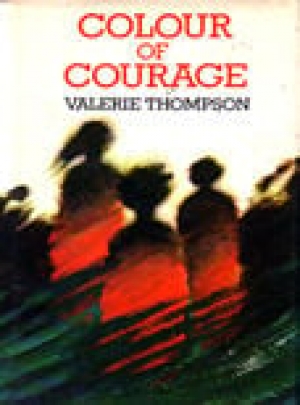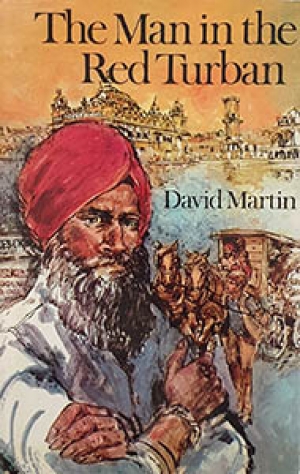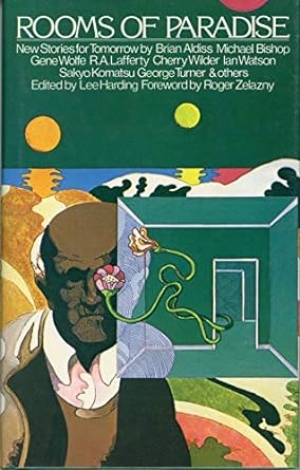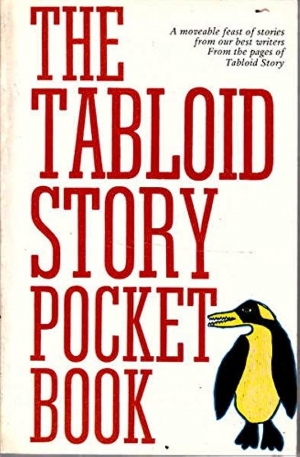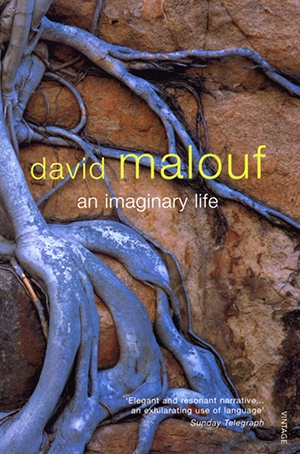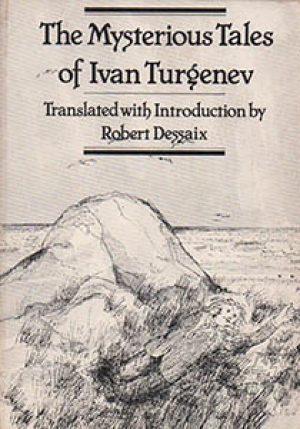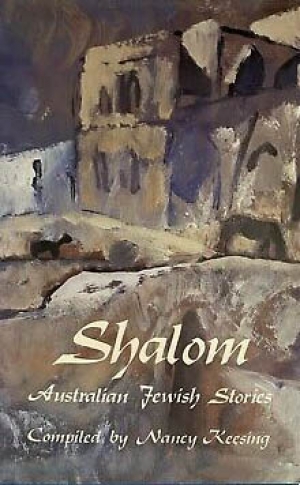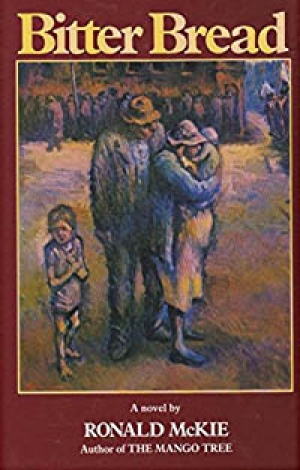Fiction
Rosemary Creswell reviews 'A Woman of the Future' by David Ireland
A Woman of the Future, David Ireland’s sixth novel, is narrated in the first person by a woman, Alethea Hunt. This kind of ‘literary transvestism’ is not new, and in any case is not essentially different from writers who, in third-person narration, inject themselves into the consciousness of a character of the opposite sex. Ireland’s book, however, is remarkable for the way in which a male writer deals obsessively with the sexual thoughts and experiences of a woman. Indeed, it may well incur the ire of feminists that a man should presume, on principle, to understand such experiences. But he handles the role with sensitivity and insight, as he traces a young girl’s awakening sexual consciousness (if it was ever asleep) through to her later contacts with boys and men, most of which are, if not brutalising, at least unsatisfying. Though she claims, even as a small child and much to the satisfaction of her liberated ‘feminist’ parents, that she is without penis envy, she exhibits an extraordinary fascination with the male sexual organ, which is usually described in terms that would make most women want to give up heterosexual intercourse permanently. If these descriptions were meant to be representative of women’s feelings, perhaps one might object, but Alethea Hunt is clearly mad, albeit in the context of a world which is far crazier.
... (read more)Australian children’s literature has its own established heavies, writers whose work is well enough known both here and abroad, frequently in translation, and whose names would be well up in the Public Lending Right cheque lists. Some are so much in demand these days, that the time taken in preparing and giving speeches at conferences of librarians and others leaves them little time for the actual business of writing. However, they continue to dominate; each new work from them is eagerly awaited, read, reviewed and avidly discussed, if not by children then certainly by the growing adult following.
... (read more)Margaret Dunkle reviews 'The Man in the Red Turban' by David Martin
I know nothing of David Martin’s childhood or family, but I think that he must come from a long line of slayers of dragons, and that somewhere during the formative years of his childhood he listened to many adult conversations on social justice and human dignity. At any rate, his adult life has been spent dealing with dragons, in one way or another.
... (read more)Jim McKenzie reviews ‘Ron Graham Presents Other Worlds’ by Paul Collins and ‘Rooms of Paradise’ by Lee Harding
Science-fiction short stories traditionally made their first appearance in American and British pulp magazines. The best stories then appeared in anthologies. In recent years more stories have been published for the first time in all-new anthologies, skipping the preliminary magazine stage. This in turn has led to the growth of science fiction publication in those countries, such as Australia, which do not have sufficient population to support specialist science fiction magazines of their own. Other Worlds and Rooms of Paradise are each all-new anthologies of science fiction. Rooms of Paradise is the more polished collection. Six of its twelve stories are by established overseas writers – including stars like Brian Aldiss and R.A. Lafferty – and the other six are by Australians. The local product is not overshadowed in this company; I think that in general the Australian stories are as well written and more original.
... (read more)Alan Gould reviews 'The Tabloid Story Pocket Book' edited by Michael Wilding
I found this a book of uncertain trajectory. On the one hand its target seems to be a broad readership, for these forty-three short stories were first written for the periodical, Tabloid Story, whose method of distribution has been the effective one of being hosted by student and national journals of wide circulation. On the other hand, the collection includes a long self-conscious explanation of itself whose apparent interest in a secure perch on a tertiary syllabus would exclude the popular audience. In it the editor outlines why these stories represent a revolution in Australian short fiction, anatomises the causes and course of this upheaval, locates its European and Latin American antecedents, names its genres – in short tells why his authors should attract serious study rather than serious enjoyment. The ruse, of course, is to hallow an episode in Australian literature, a manoeuvre that I found as transparent as it is indicative of shaky confidence. A revolution with genuine roots will hallow itself.
... (read more)On Jessica Anderson, Nene Gare, Michael Wilding, and Damien White
In Tirra Lirra by the River, an elderly woman, Norah Porteou, returns to live in her childhood home in Brisbane after forty years as a ‘London Australian’. The house is empty, so is her life. Norah is a ‘woman whose name is of no consequence’. She is sensitive, vaguely artistic, slightly superior (‘Mother,’ she appeals in a childhood scene, ‘don’t let Grace call me Lady Muck.’) The novel consists of a review of her past, with interruptions from half-remembered neighbours offering curious and resentful help.
... (read more)The title of David Malouf’s novel, An Imaginary Life, must be read three ways. Most obviously, the novel is an imaginative recreation of the last years of the life of the Roman poet, Publius Ovidius Naso (Ovid), who was exiled to a village on the Black Sea by the Emperor Augustus in the last century BCE. The life is imaginary because it imagines – most successfully – the circumstances of this exile.
... (read more)Judith Armstrong reviews 'The Mysterious Tales of Ivan Turgenev' edited and translated by Robert Dessaix
This volume of stories adds to the spate of books by or about Turgenev that have appeared recently yet it cannot be said to be redundant, as it provides an English version of five novellas not readily available in a collected form. Since the translator’s argument rests on the importance of the frequently neglected later part of Turgenev’s oeuvre (i.e. the shorter works appearing after the major novels) to a true understanding of Turgenev’s philosophical and spiritual history, then obviously the English-speaking world must have access to it, and they should be pleased to make the acquaintance of this accurate and easy translation.
... (read more)Muriel Mathers reviews 'Shalom: Australian Jewish Stories' compiled by Nancy Keesing
Shalom, compiled by Nancy Keesing is I think a brilliant and moving collection of short stories.
Ms Keesing, an indefatigable compiler, has brought together for the first time a selection of Jewish stories and. arranged them in three sections, each one of which throws light on a certain aspect of Jewish life, either in Europe, in Australia over a long period, or in the present Australia-Israel conflict. This is a fine and sensitive arrangement of the stories.
... (read more)In The Mango Tree, McKie captured through a rich and tightly controlled prose the pain and bewilderment attendant on the shifting of a child’s consciousness towards the adult. At the same time, he evoked the shapes and textures of the remembered world of a Queensland town, of a way of life in the act of changing, with a muted note of lament. In Bitter Bread, there is a curious mixture of the mellow prose of The Mango Tree and passages where McKie’s control is loose, passages which spill over into the maudlin and smudge into bathos. Its narrative has not the inner logic of the earlier novel, tending to dart off into peripheral characters and events only limply tied to the central narrative line. At times, McKie seems to be shying away from the task of exploring the central relationship of two widely different consciousnesses caught up together in Melbourne during the Depression.
... (read more)

